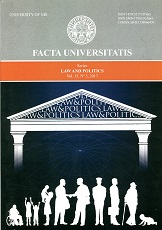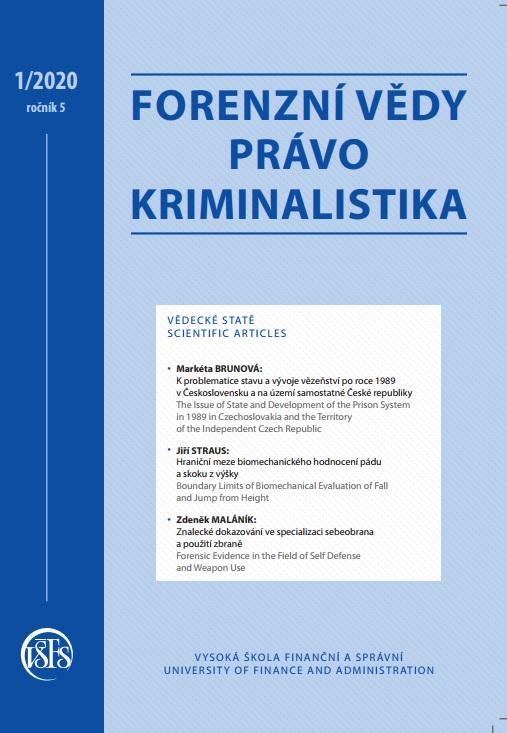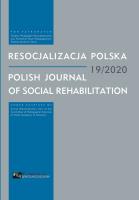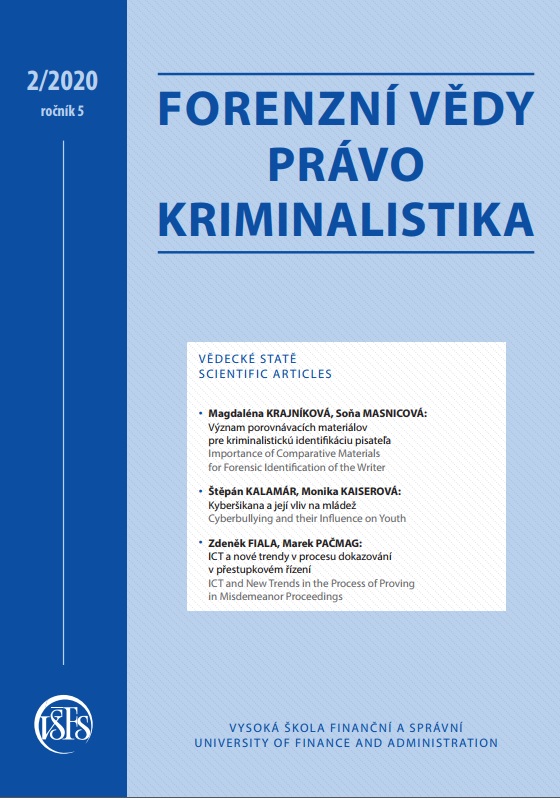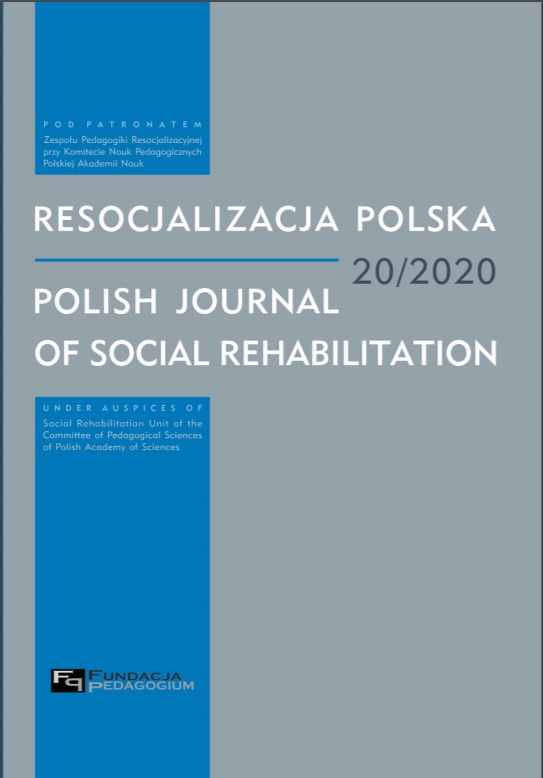Author(s): Darko Dimovski,Miomira P. Kostić / Language(s): Serbian
Issue: 3/2018
Starting from the concept prison gangs, who have given famous penologists Carlson, Garrett, Fleischer, Reason and others, the author pointed out that until now the subject of empirical research were not gangs of inmates in penitentiary institutions of the Republic of Serbia. Therefore, it was necessary to conduct a study to determine the characteristics of prison gangs in Serbia, where it came to comparing the results obtained with the characteristics of a gang of convicts in the US penitentiary system. The author has analyzed the structure of prison gangs in a correctional institution in Niš and in a correctional institution for juveniles in Valjevo, stating the mode of progression in the structure of gangs. The basis of the existence of gangs in prisons is engaging in criminal activities. Before he dealt what are the criminal activities of prison gangs in a correctional institution in Niš and in a correctional institution for juveniles in Valjevo, the author stated that the crimes carried out gangs of prisoners in US jails, noting that these criminal activities do not differ. One of the ways of carrying out criminal activities in prisons is the use of violence. While data on violence among convicts gangs in American prisons can be easily reached, the management of the correctional facility in Niš, as well as in a correctional institution for juveniles in Valjevo, does not keep such records, and it is impossible to know whether a particular violence in penitentiry institution has been set up as a result of relations in a prisoner gangs, and as a result of the conflict with the other prisoners' band, or due to other circumstances. However, in addition to the use of violence by prisoners' gang is due to code violations. Communication of prison gangs must be done in a discreet way with hindering information messages transmitted by the prison administration. Therefore, using a variety of encrypted messages in American prisons. Unlike them, the gang of convicts in a correctional facility in Niš and in a correctional institution for juveniles in Valjevo do not use an encrypted message, body language to communicate with each other, as well as a special code. The reason for this is the fact that prisoners' gang in prison in Niš and in prison for juveniles in Valjevo do not pose such a threat that prevents the functioning of the penitentiary institution committing various criminal acts, and therefore there is no need for special protection of communications of members of the prison gangs. The last part is dedicated to the code of conduct, stating the rules that must be respected.
More...

